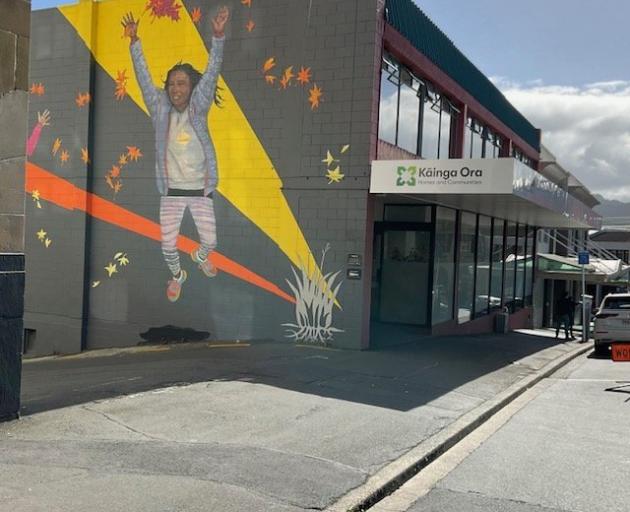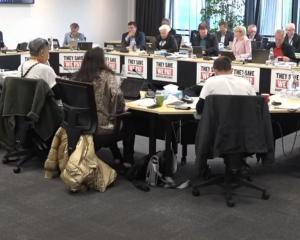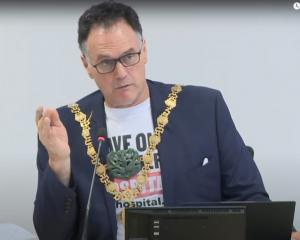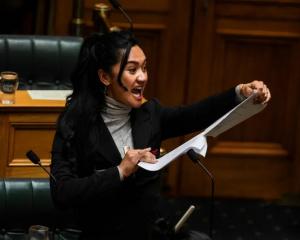

On a personal level we each are given a name when we are born.
Throughout our lives people try to call us our given names. It is respectful. And it continues until and unless we choose to change our name.
The place where we live is our place, and we call it what those who live there call it.
For the names given to government institutions, we have not historically done so other than using words which describe what the department does, so that we can interact with whichever one is appropriate for the query or help we are looking for.
Now for some bizarre reason the government is increasingly using Māori words when giving a label to government departments using English. This would not be at all strange, Māori being an official language of New Zealand, if these names were used when Māori is being used. Those who speak Māori would expect nothing less.
These names do not help us to know who the departments or institutions are or what they do.
For example, if you were expecting help with social housing, would you look to Kāinga Ora? Or Whānau Ora? Or Te Puni Kokiri? Or perhaps Te Kāwanatanga o Aotearoa? Or do these institutions only help Māori? Or are they just Māori words used for some strange sort of virtue-signalling and is one of them the Ministry of Housing, or some type of intergovernmental agency? Would the Ministry for Housing and Urban Development be the one to go to, or is that one of the above?
Instead of these institutions having names which tell us what they do, they appear to be doing their best to hide their purpose from us. It is not as if the housing issues in New Zealand have improved through this obfuscation. In fact, the housing crisis is if anything worse than when we had a clear name we used in each language to give a clear idea of who they are.
On a national level, the same sort of thing appears to be happening with what we call our country.

The current government, however, perhaps mindful of the results and costs of the flag debate, seems to have decided to try to change our name to Aotearoa by just calling our country Aotearoa.
This is done under the guise of saying it is the Māori word for our country, and that it honours Te Tiriti o Waitangi.
It was not the traditional name for New Zealand: in Te Tiriti the country was called Nu Tirana and Ngai Tahu are more likely to associate Aotearoa with the North Island. Aotearoa is a relatively recent construct plucked from North Island thin air.
It may well be that the citizens of New Zealand feel it is time to change our name from one harking back to its European colonial past. The majority in Ngai Tahu country may support Te Wai Pounamu and the North Islanders may choose their proposal, Aotearoa.
But until we have that referendum and we choose a name change it is disrespectful to attempt to over-ride the name we call ourselves and call us something else when describing New Zealand in English text, particularly in official government speech and in websites.
Maybe we should begin by asking those who choose to be on the Māori roll what they would like our country called in te reo.
Then we can ask by referendum of all who live here whether we should continue to have a separate English name — and if we should, what it should be.
Perhaps we can discuss whether the Māori names for our institutions are intended to be the word we use when speaking English, or the Māori word we use when speaking Māori. Or whether like Aoraki/Mt Cook we somehow want to change our name to both words together like the government has signalled with the now defunct Aotearoa New Zealand Public Media Bill.
Whatever we do, it is for all of us to decide what we call ourselves when we are speaking English.
- Hilary Calvert is a former Otago regional councillor, MP and DCC councillor.













